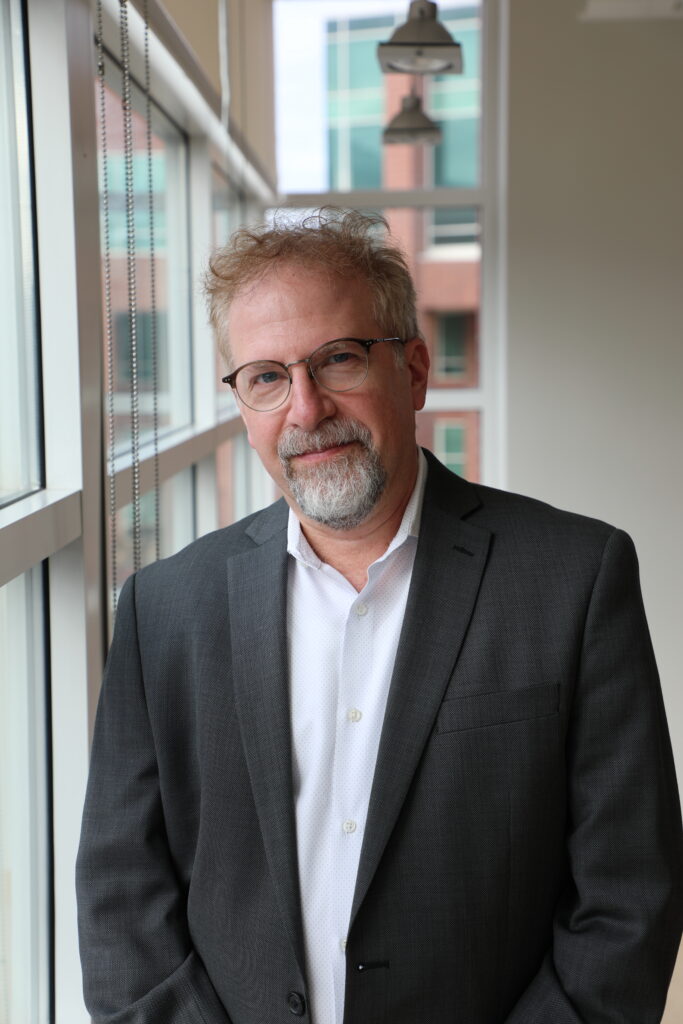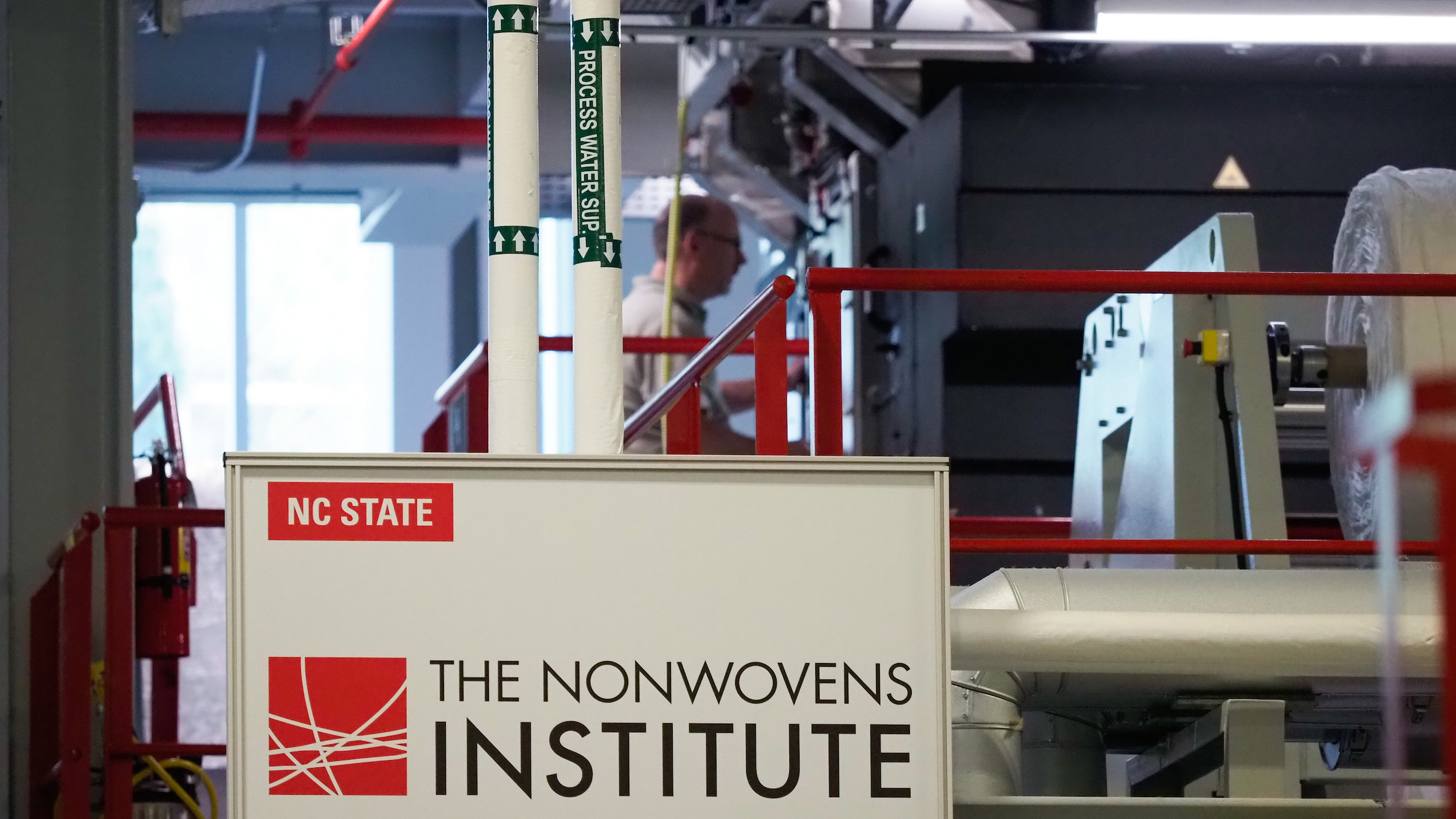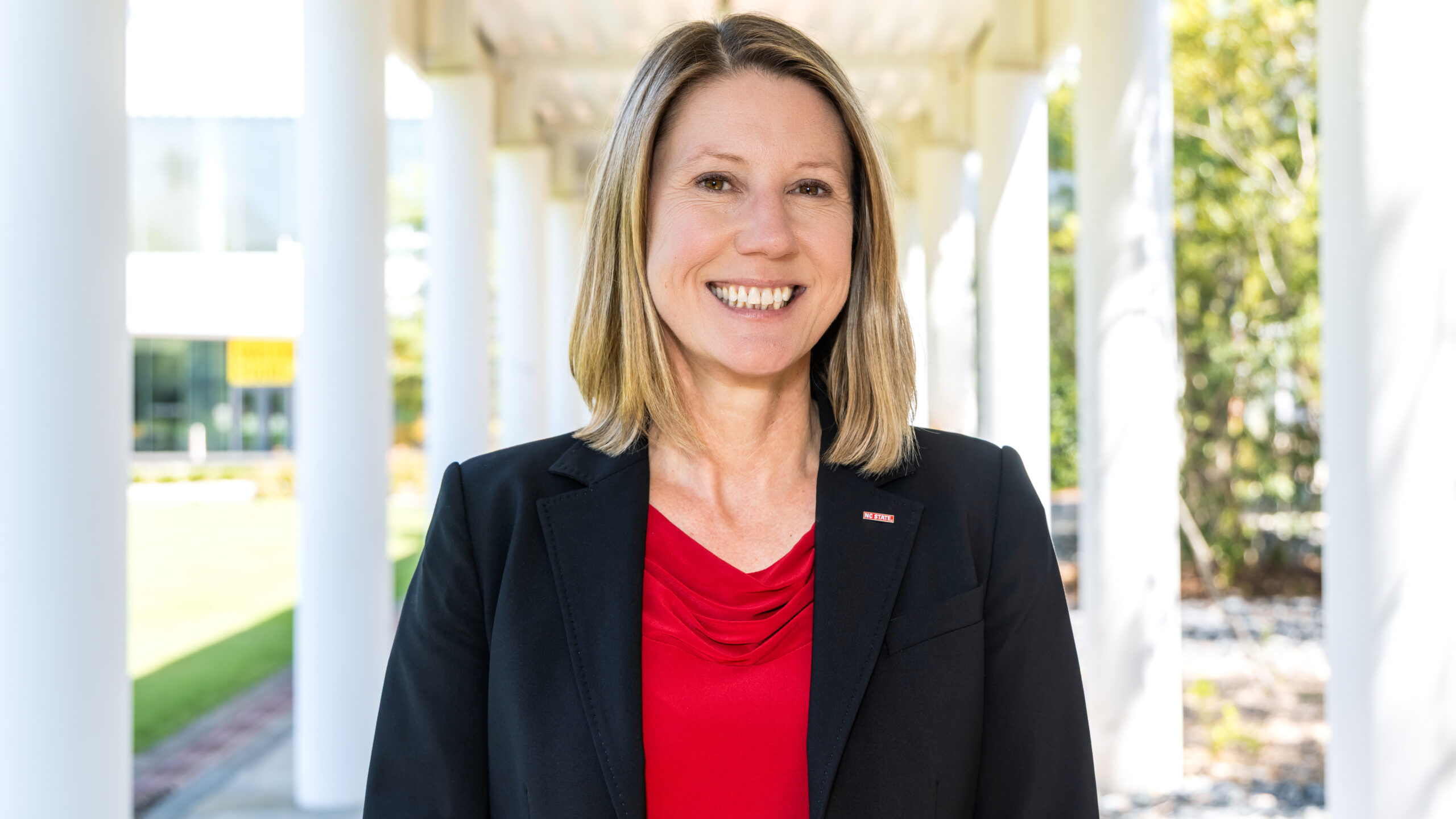Associate Vice Chancellor Jon Horowitz to Retire
Horowitz, the associate vice chancellor for research infrastructure and development, will retire July 1.

Jon Horowitz, associate vice chancellor for research infrastructure and development, will retire on July 1 after more than 25 years of service at NC State University.
“Without Jon Horowitz, our university’s Research Development Office (RDO) would not be where it is today,” said Mladen Vouk, vice chancellor for research and innovation. “It’s been a pleasure to work together supporting and growing NC State’s research enterprise. I wish Jon all the best in retirement.”
Horowitz joined the Office of Research and Innovation (ORI) in 2013 when he was appointed as an assistant vice chancellor. He was promoted to associate vice chancellor in 2019. In his current role, he oversees the university’s six Shared Core Research Facilities, 40 NC State Centers and Institutes, and more than a dozen industrial consortia. Additionally, Horowitz administers the university’s selection process for limited-submission proposals and has also managed several ORI-sponsored internal seed funding programs — including the Game-Changing Research Incentive Program (GRIP) and GRIP4PSI. As head of the RDO, Horowitz also leads the Proposal Development Unit (PDU), which helps faculty develop and submit competitive proposals for large-scale, interdisciplinary research grants.
“Your retirement marks the end of an era, but your impact will continue to inspire many,” said Pradip Pramanik, executive director of the PDU. “Congratulations, Jon, and enjoy the next chapter in your life!”

Another important part of Horowitz’s job is developing and coordinating inter-institutional research collaborations between NC State and Duke University’s Clinical and Translational Science Institute; UNC-Chapel Hill’s Translational and Clinical Sciences Institute (NC TraCS) and Lineberger Cancer Center; and the Research Triangle Institute (RTI International).
When he was recruited to join ORI, Horowitz says he was at first “reluctant to transition away from the challenges and thrills of hands-on research” but that he “looked forward to the opportunity to help others be successful and guide the expansion of basic and applied research campuswide.”
During Horowitz’s tenure, from fiscal years 2014-2024, NC State’s annual research expenditures grew from just under $450 million to well over $600 million.
“I am especially pleased that NIH-funded research expenditures at NC State have more than tripled over this 10-year period,” Horowitz said.
Before joining NC State, as a faculty member in the College of Veterinary Medicine, in 1997, Horowitz led a cancer research lab as an assistant professor at Duke University Medical Center. The Horowitz lab was funded for nearly two decades by the National Institutes of Health (NIH) and received Junior Faculty and Faculty Research Awards from the American Cancer Society. Horowitz was named a Pew Scholar in the Biomedical Sciences in 1992.
Horowitz graduated from Brown University in 1980 with a bachelor’s degree in biology. He then earned a Ph.D. in molecular biology in 1985 from the University of Wisconsin-Madison, where he cloned and characterized the first endogenous retrovirus. Horowitz became a postdoctoral fellow in Robert A. Weinberg’s laboratory at MIT’s Whitehead Institute for Biomedical Research in 1986. His postdoctoral research focused on the characterization of the functional and biochemical properties of the retinoblastoma (Rb) protein, a product of the first cloned tumor-suppressor gene. He showed that this tumor-suppressor protein was targeted by cancer-causing viruses and discovered the first inactivating mutations within the Rb gene.
Horowitz may have hung up his lab coat long ago, but his research findings remain influential. His research efforts revealed key control mechanisms that underpin the regulation of mammalian cell proliferation and differentiation, as well as the conversion of stem cells into tumor cells.
Plans for the Research Development Office will be announced in the coming weeks.
- Categories:


